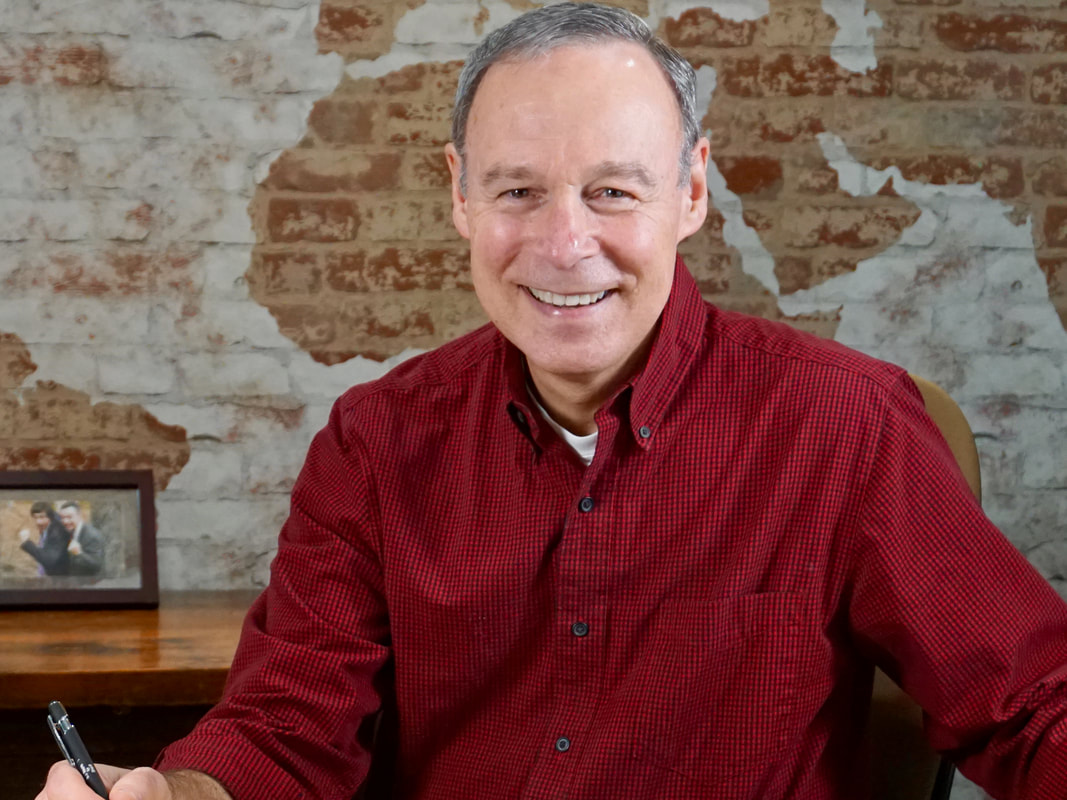|
I’ve known many folks who would never carry a grudge against someone else, but they just can’t seem to get over being mad at themselves. As often as not, it’s about money.
What's the worst financial decision you ever made? Over the years, many clients have shared their regrets with me, and they often leave me shaking my head. A lot of so-called bad decisions aren’t actually that bad—or aren’t decisions at all. William H. Walton wrote, “To carry a grudge is like being stung to death by one bee.” This quote reminds us that clinging to anger is self-defeating. Every time you renew your anger, it’s as if you’re pulling a pet bee out of your pocket and inviting it to sting you again. A common regret goes something like this: "I should have sold Intel when it started going down." Or: "I could have bought Tesla at $30 a share." But I don't think those are bad decisions so much as they are a failure to accurately see the future. And who can do that? You hear other regrets, such as: "Why did I start that business?" Or, "Why did I throw good money after bad?" Or, "Why did I take that dead-end low paying job?" But again, those all involve an inability to see the future, which nobody can do. Did you make the best decision you could at the time, knowing what you knew at the time? Of course you did. So, I say don't let it bother you. Here’s another category that does qualify as a mistake. It involves a failure to stop and think about what you’re doing when you’re doing it. But here again, these are not reasons for regret so much as opportunities to learn and grow. Remember how your high school math teacher used to chide you for making careless mistakes? Well, I think that's a good way to describe most true financial blunders. You eat out too many times a week without thinking about it. You buy stuff that you never use, or clothes you never wear. (I'm guilty of that.) You run up your credit card bill because it's easy. These are real-time decisions that you can do something about if you just pay attention. The worst financial decision of all is a failure to plan ahead. Try to look down the road 10, 20, 30 years. A small decision today, a small course correction, can have a huge impact in the long run. The challenge here is that it's so easy to ignore the future because the present demands all of our attention. Although we can't really know the future, we can try to plan for it. Dwight Eisenhower said, "Plans are worthless, but planning is everything." When it comes to money, how true that is. This column is not intended as advice but rather education, commentary and opinion. Consult a professional advisor. If you have general questions about financial planning or investments, feel free to submit them to Andy at andy@andytheadvisor.com.
1 Comment
3/29/2021 04:16:36 pm
Hi Andy, I am thinking about a refresh to my whole marketing approach as a consultant to the international tradeshow industry. I like your/this approach to the personal financial planning industry.
Reply
Leave a Reply. |
AuthorAndy Millard, CFP® Archives |



 RSS Feed
RSS Feed